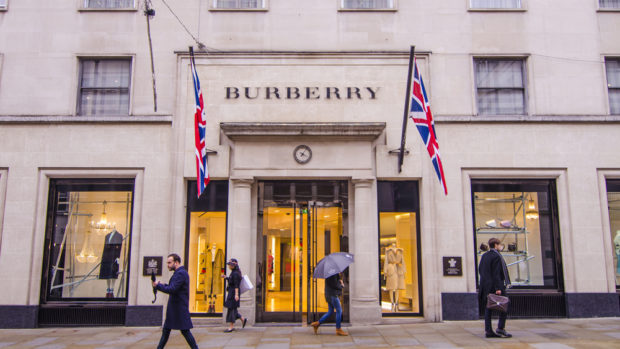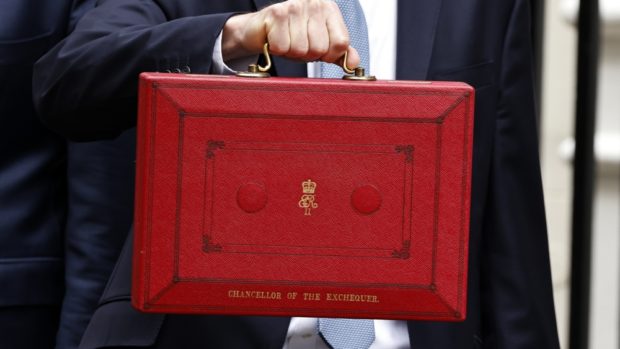The CMA has written an open letter to businesses alerting them that, if suppliers restrict their retailers’ prices, that can break the law.
The Competition and Markets Authority’s (CMA) open letter is accompanied by an at-a-glance guide to the law and follows 2 recent cases in which businesses were fined a combined total of more than £3 million for engaging in resale price maintenance (RPM).
RPM occurs when a supplier and a retailer agree that the retailer will not resell or advertise the supplier’s products below a specified price. RPM can also be achieved indirectly, for example as a result of restrictions on discounting or where there are threats or financial incentives to sell at a particular price. Merely setting a ‘recommended’ retail price is not, however, against the law, provided that there are no attempts to enforce compliance with the recommended retail price. RPM agreements are usually illegal as they can prevent retailers from being able to offer lower prices to attract customers, or to sell off surplus stock. The CMA has produced a short video to explain what RPM looks like in practice.
This is a particularly important issue as online sales channels develop, with restrictions on discounting for internet sales capable of being illegal RPM.
In the 2 cases earlier this year, Ultra Finishing Ltd, a supplier of bathroom fittings, and ITW Ltd, a supplier of commercial fridges, were fined for engaging in RPM by restricting retailers’ ability to sell their products online at independently determined prices.
The CMA’s research shows that businesses’ understanding of RPM is low; about one-third of the businesses surveyed incorrectly thought it was legal to set the price at which other businesses can resell their product, with another 37 per cent uncertain on the rules. Only 29 per cent correctly responded that “it is unlawful to set the price at which others can resell your products”.
The open letter gives details of different kinds of RPM that can break the law, including the use of ‘minimum internet advertised price’ policies. It also warns that both suppliers and retailers can be fined for engaging in RPM. The CMA’s letter makes it clear that the internet is an increasingly important channel for competition because it opens up markets, provides customers with more choice and enhances price competition.
Ann Pope, CMA Senior Director, said: “Price competition from online sales is usually intense, given the ease of searching on the internet. RPM, by preventing retailers from offering discounted prices, denies buyers the benefit of the lower prices and increased quality that comes from genuine competition. The CMA is strongly focused on enforcing competition law to ensure that digital and online markets are working as they should be, across all sectors, for the benefit of consumers.
The CMA is issuing this advice so that all businesses know what to look out for when dealing with the supply and retail of products, whether this is online or via traditional ‘bricks and mortar’ stores.”
Michael Weedon, of the British Independent Retailers Association, said: “Imbalances in strength between suppliers and retailers can foster conditions where resale price maintenance can occur. All participants in the supply chain need to understand the law, so we welcome these materials, which will help retailers gain clarity on their rights and obligations around pricing restrictions.
The consequences for businesses that break competition law can be very serious, including fines of up to 10 per cent of worldwide turnover.”








Share